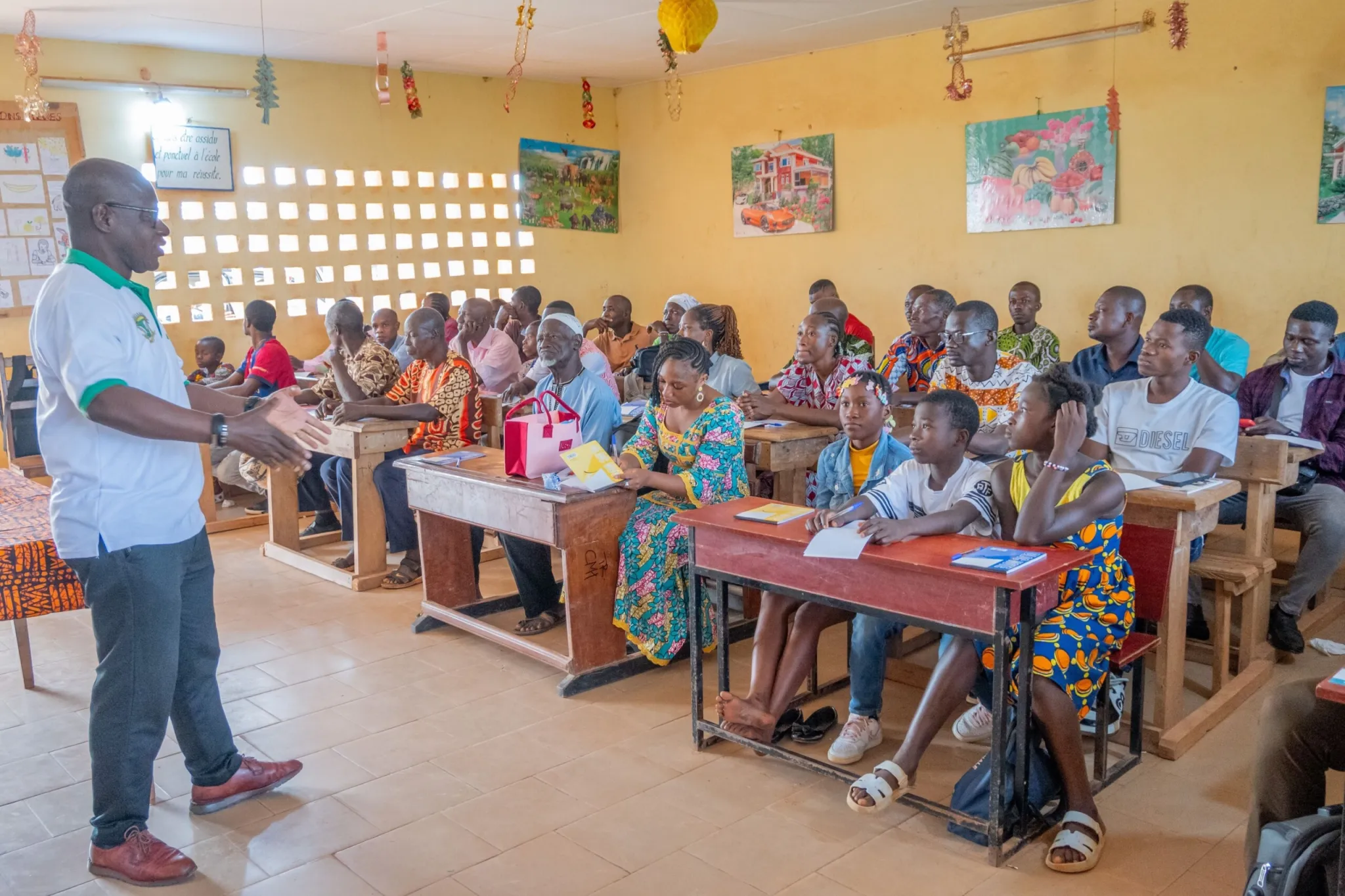World leaders, policymakers, development partners, and non-governmental organizations (NGOs) among others gathered at the UN Headquarters last week for the Transforming Education Summit (TES), in response to a global crisis in education; the need for equity and inclusion, and quality and relevance. There is no better time than this for such an important gathering of individuals who hold the keys to ensuring that all children – wherever they are on planet Earth – receives the quality education they so deserve and are engaged in learning. It is both a moral imperative and an obligation to ensure that children the world over receive a quality learning experience when they are in school and are safe when out of school. When learning for all becomes the motivation for education policymaking, implementation, and evaluation, there is a systemic shift towards inclusive, engaging, and adaptive education systems and pedagogical practices.
However, the creation of an education system that works for all learners – meeting learners wherever they are – and pedagogical practices that ensure that teaching is appropriately targeted to learners’ needs and potentials, is a responsibility for more than just the education sector. It requires an intentional collaboration between the education sector and the health and social sectors, for example, to make the education system inclusive, engaging, and adaptive. It requires an evidence-based approach to identify what is working and what needs improving in each country to inform actions that should be taken to ensure every child is learning wherever they are and whatever their current situation. Many countries are doing something already – we just need to gather the evidence.
It requires greater political will and intentionality to move away from the rhetoric of quality education for all to demonstrable action – quality education for all now or never – backed by practical policies and dedicated budget lines and funding.
Over the last eight months in my role as Project Lead of the Education Commission’s Innovative Pedagogies Project (IPP) supported by the LEGO Foundation, I have seen firsthand how Ghana, Kenya, and Rwanda are working to understand the extent to which inclusive, adaptive, engaging, and playful pedagogies are manifested at the systems, school, community, and classroom levels. Policy dialogues have been held and action plans developed in partnership with many stakeholders. The clear pathway for action includes sustained teacher professional development and support, adequate resources to adapt classrooms to inclusive, engaging, and adaptive ways of teaching, and more regular, streamlined data collection. This kind of evidence-gathering for action should become a culture for education transformation.
Schools all over the world need to become real centers of learning, centers for identifying and nurturing talents and potential, centers for improving the life chances of every child, and centers for assuring sustainable development for all. The transformation we need requires a greater focus on the teacher, school leadership, and the wider education workforce. Schools and the work of schools and its people – the engine of education transformation – must be the focus of attention from world leaders, development partners, and NGOs. Another lesson I have learned from IPP is that schools themselves must be transformed for education transformation to become a reality, and teachers and school leaders must be transformed for the schools to become true centers of learning – centers for providing quality education for all – now or never. I have learned that pre-service, in-service teacher, and school leadership training programs must be intentional to equip participants with the skills and competencies needed to provide quality education for everyone, everywhere. Schools must be inclusive and all learners healthy.
But this is only possible if we achieve cross-sectoral collaboration, if we work across sectors and use evidence to inform actions to provide quality education for all – now or never, if there is a stronger political will that is translated into actionable policy and dedicated funding, and if there is a total awakening to the reality to transform education in every country of the world. The work of the Education Commission on innovative pedagogies (adaptive, inclusive, and engaging teaching), whole-child learning teams, school health and meals, climate adaptation, and the approach to sustainable, innovative financing for education – demonstrates a real cross-sectoral approach to education transformation for quality education for all. In my professional view and from my lived experience, we cannot transform education without transforming the workings of schools and the education system, which requires intra- and inter-sectoral collaboration and partnership. The era of education ministries working in silos must come to an end and come to an end immediately if education is to be fully transformed – now or never!


